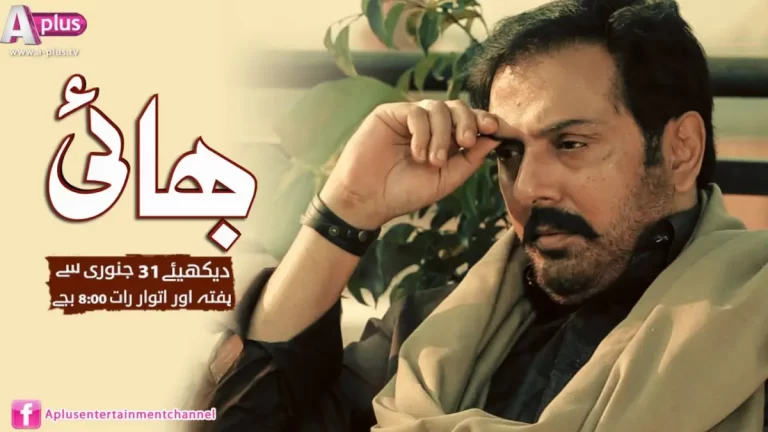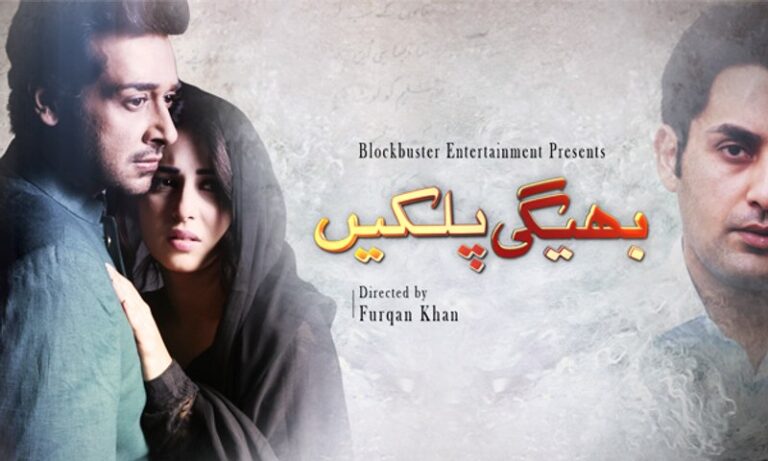The passage of time, that silent steady march of days and moments gone by, the distance of time that allows us to come to our own realizations and hopefully, personal growth.
Time marched on for all the protagonists today but it was in stopping, looking back and re-evaluating the past that each of them can move forward today.
Whether the mere visual of Kuku flipping calendar pages, or Laila’s reminisces of the first day of her married life, or Khurram’s understanding, time refracted into moments and memories causing the three of them to change direction.
For Kuku, the change was more in Khurram than herself. That loser, whiny, needy husband of hers who has grown to take care of himself. The one who earlier wasn’t allowed an honest realization now had the insight to see his emotional blackmail of her was not out of some clever fiendishness, but more, just as a child who knows how to get what he wants.
Khurram realizes too that while Kuku was strong enough to bear his burden and the stress of Mansoor in her life, these two broken relationships have scarred her and he can only hope that she can live for herself now.
Only, um, Scotland? Eh? His Scotland to Neruda’s Chile? Not just dreamer but an extravagant dreamer at that. As for quoting Neruda, there were more references to “If you forget me” than just the line “in me nothing is extinguished or forgotten”
The poem, which hints at all the contradictory ideas and feelings of love and since this is the sub-continent also ownership laced with threat. Mansoor’s wounded manhood warranted a show down and in his taunts – apke dost ka favourite colour, physical threats and the trump card of most Muslim males – talaak, he lists all the things he has given Laila –ghar, izzat, araam, aulaad – save the one thing she longed for – love.
Laila doesn’t give in anymore, and rubs in in to boot – financially independent, khud-mukhtar and more importantly has given up on the mohabbat bari ek nazaar jo mujhe meri pehchan deti to find herself mein khud appni pehchan hoon. For a culture such as ours that piles on the labels thick and fast – daughter, sister, bahu, biwi, mother, most women’s shoulders droop with the unwritten codes that these titles bring.
Laila makes a case for the lines in the poem
If suddenly
you forget me,
do not look for me,
for I shall already have forgotten you.
She already has lifted her roots and set off to seek another land, leaving behind the burden of those titles and expectations. Her journey till now enables her to stand tall and strong, strong enough to brave Mansoor’s taunts by flipping his spiteful words on their head – and what do they call a man like you? What indeed.
Laila’s mother though, is still pulling at the umbilical cord – not hers, Laila’s and making a plea for sacrifice, kurbani. That altar to which many of us sacrifice ourselves, though things have progressed far beyond Laila’s need to keep up even that farce.
Barring that strong red lighting, and some, ok, ok, one continuity error, this was a standout episode. The acting was stellar – Iffat Omar’s silent performance, Alishba Yousef’s steeliness, Sohail Sameer’s wounded entitlement and Fawad Khan’s quiet realization, were all pin point precise. Hat tip to Khalid Ahmad sahib for bringing out the best in all these actors.
The highlight for me though was getting a glimpse into the inspirations of Bee Gul’s writings and clearly, if she wanted us to know just one thing, now we do.
MM (aka A musing Muslim)






 Judwaa is BACK!
Judwaa is BACK! 



 @shazia_atta_ @bilalab
@shazia_atta_ @bilalab





